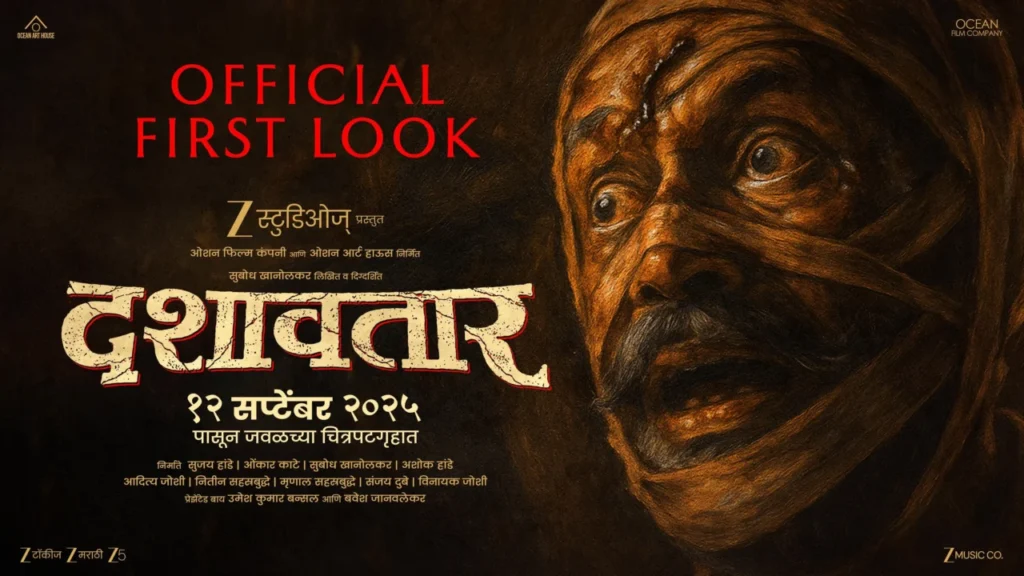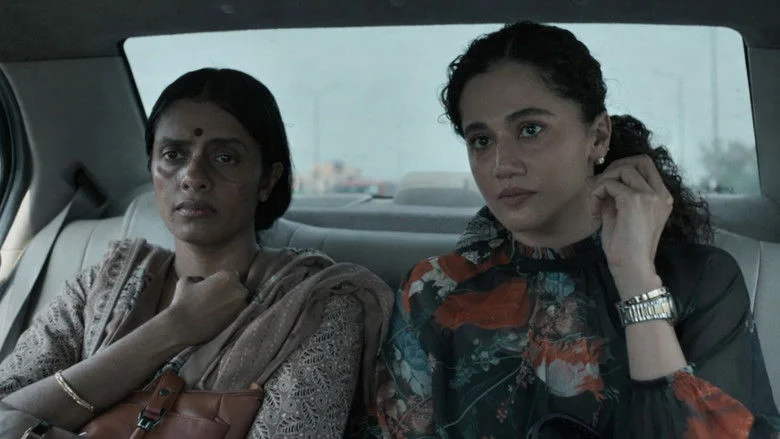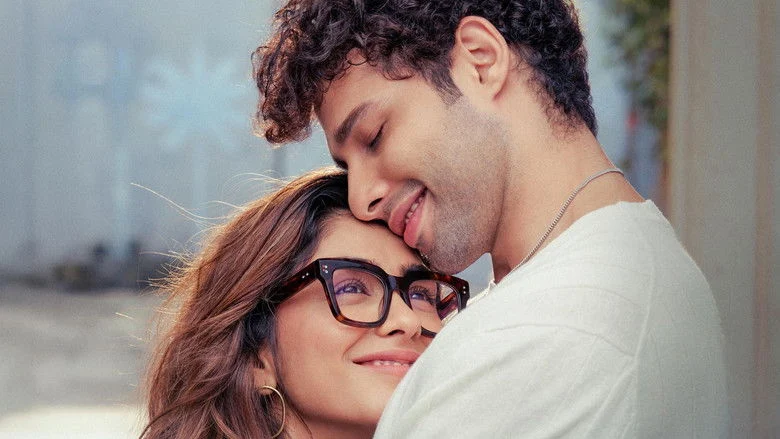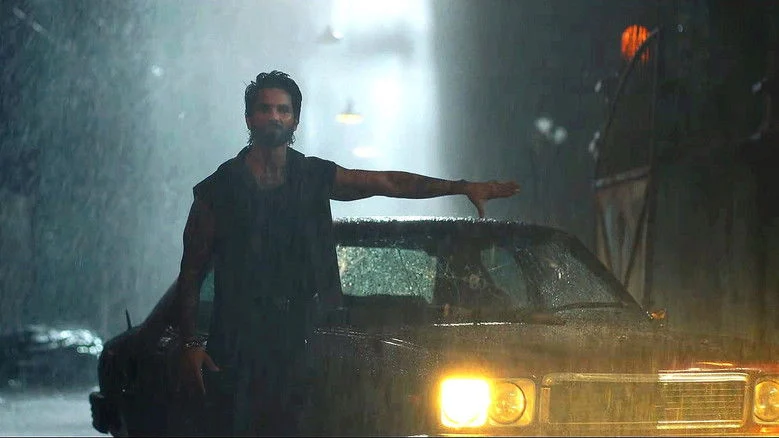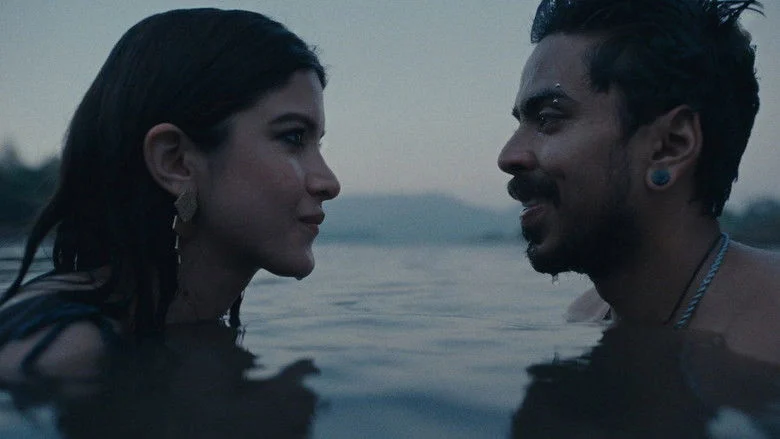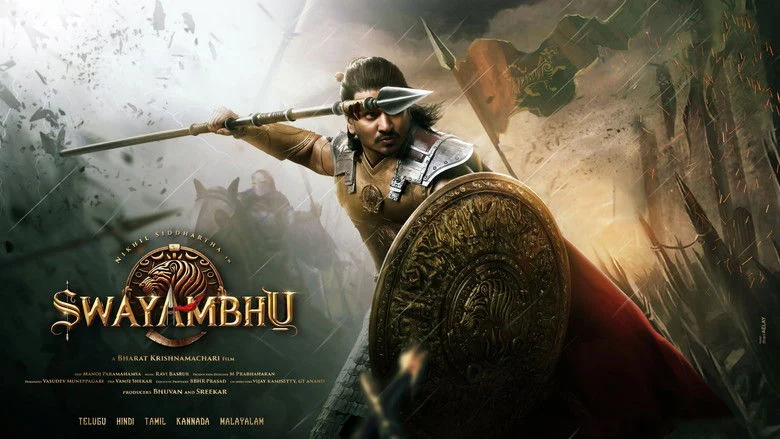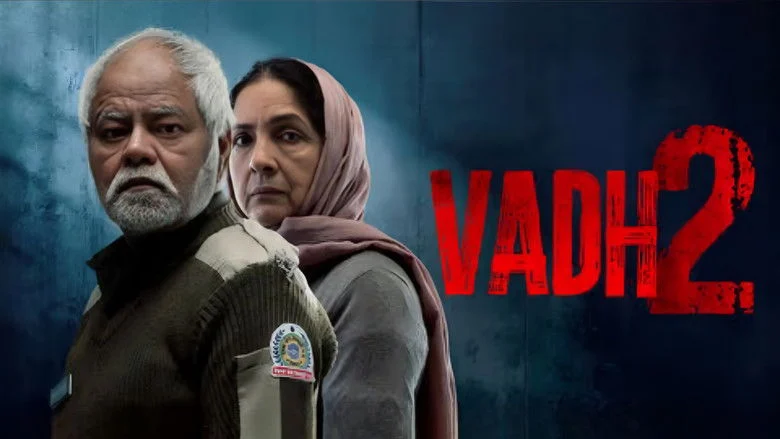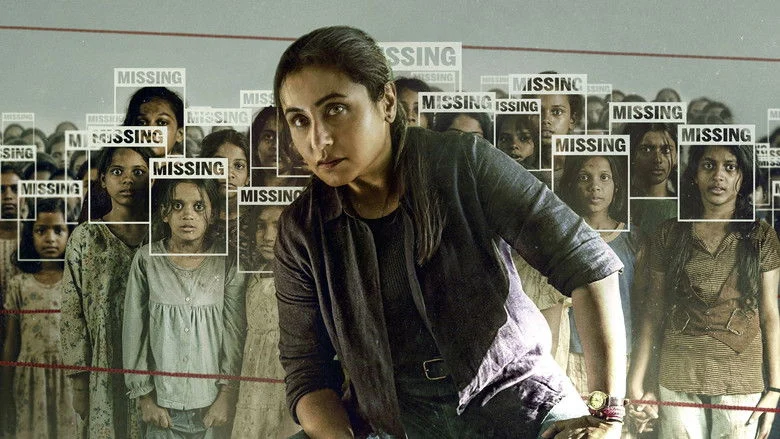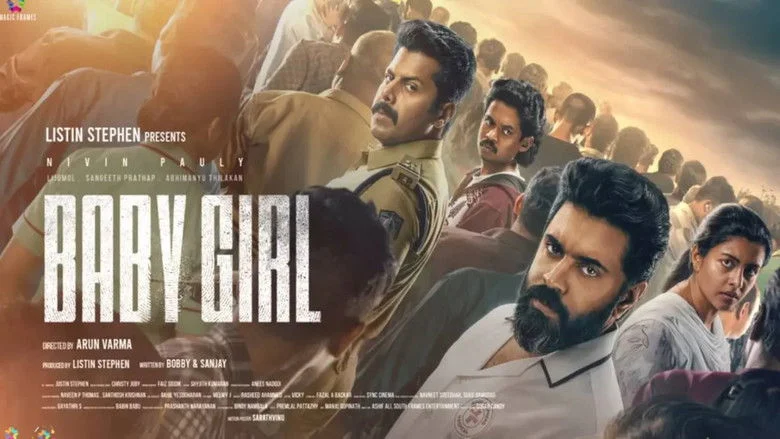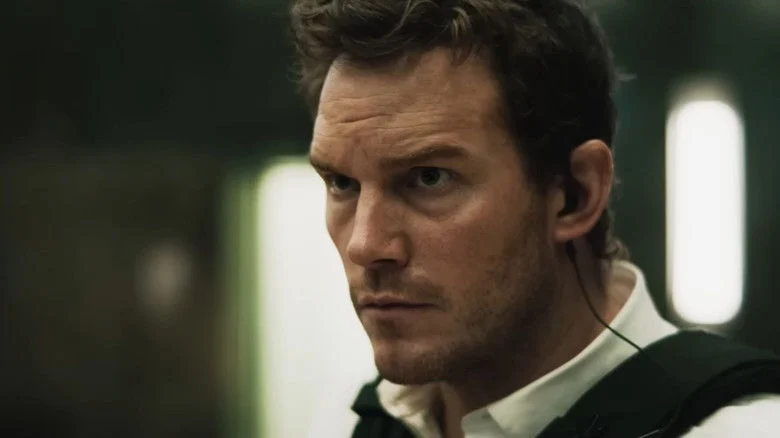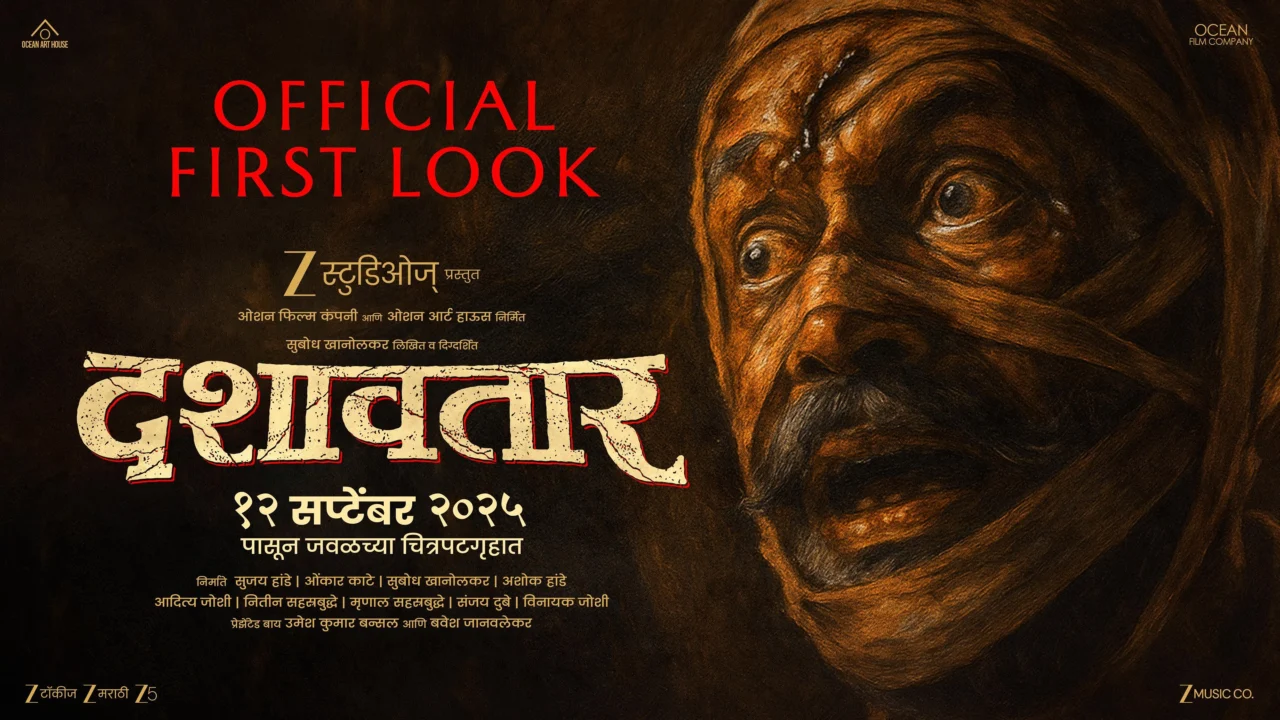
Dashavatar (2025): Why Dilip Prabhavalkar’s Last Performance Feels Like a Goodbye to Tradition
Marathi films have this beautiful way of bringing our fading traditions to the big screen. Dashavatar, which came out this September, does exactly that. Subodh Khanolkar directs this story about folk theater, with Dilip Prabhavalkar leading a cast that includes Mahesh Manjrekar, Bharat Jadhav, Priyadarshini Indalkar, and Siddharth Menon.
The film takes us into the world of Dashavatar performances, a centuries-old art form from Konkan that brings Vishnu’s ten avatars to life through dance, music, and drama. It’s about an old performer who refuses to let go of what he loves, even as his body and the world around him change.

A Simple Story With Deep Roots
Babuli Mestri has given his entire life to Dashavatar. In his village, people don’t just watch him perform, they wait for him like he’s the main event. But his son Madhav and the family doctor keep pushing him to stop. His age shows, and they worry about his health.
Babuli strikes a bargain. Once Madhav lands a steady job, he’ll hang up his costume. When that day comes, he announces one last show during Mahashivratri. Madhav also plans to ask Vandana to marry him that same night. But things take an unexpected turn, and suddenly this farewell performance becomes something much bigger. I found the way the film links mythology to everyday problems quite clever.
Acting That Holds Your Attention
Dilip Prabhavalkar owns this film. His Babuli feels like someone you might actually know, tired but passionate, old but stubborn. Watch him during the performance scenes. Each avatar gets its own walk, its own voice, its own soul. When the script gets weak, his presence saves it. That’s what decades of experience looks like on screen.
Mahesh Manjrekar shows up as a cop named Michael Decosta. He does what he needs to, though the role doesn’t ask for much. Siddharth Menon plays the worried son well, you can see him torn between loving his father and wanting him safe. Priyadarshini Indalkar does good work as Vandana, but her character stays in the background more than it should. Bharat Jadhav and Ravi Kale fill out the village world nicely.
The Good Stuff
Those Dashavatar performance scenes hit differently. They’re colorful, dramatic, and give you a window into something most people have never seen. This isn’t just entertainment, it’s history being preserved through cinema. AV Prafullachandra’s music adds layers to these moments without drowning them out.
The father-son dynamic works really well. They disagree, but you never doubt they care about each other. The film also weaves in real problems that village communities face, not in a preachy way, just as part of the story. The Konkan villages look stunning, shot in a way that feels natural rather than touristy. The first hour builds things up nicely.
Where It Stumbles
The second half drags. Some scenes go on when they should’ve been cut. The film promises thriller elements but takes too long to deliver them, and when it does, you can see them coming. It falls back on older film tricks, the revenge angle, certain dramatic beats, that feel tired now.
The women in this story deserved better. They’re played well but written thin. The mythological touches come and go without making much impact. Either go all in with them or leave them out. The editing loses discipline after intermission. Some sequences just sit there, not moving anything forward. The ending closes things but doesn’t quite land the emotional blow it aims for.
What People Are Saying
IMDb users gave it 8.2, which means audiences generally liked what they saw. Critics acknowledged both its strengths and weaknesses. Most agreed that Prabhavalkar carries the film on his shoulders. A few reviews mentioned that the script has holes but the lead actor patches them over.
Regular viewers appreciated the authentic theatrical feel. Many enjoyed its rough-around-the-edges quality instead of finding it off-putting. Some wished the story had been tighter. The positive word spread enough to make it 2025’s biggest Marathi film at the ticket window. Most people say if you care about regional cinema that means something, give this one a watch.
My Take
Dashavatar earns respect for bringing folk theater to mainstream attention. Dilip Prabhavalkar’s work alone makes it worth seeing. Yes, the pacing lags. Yes, the screenplay could’ve used another draft. But there’s genuine heart here, and it looks beautiful while telling a story that matters.
If you’re expecting nonstop action, look elsewhere. This film takes its time. It’s about art that refuses to die, families that stick together, and traditions fighting to stay relevant. That’s a story worth telling, even if the telling gets messy sometimes.
Rating: 3.5 out of 5

